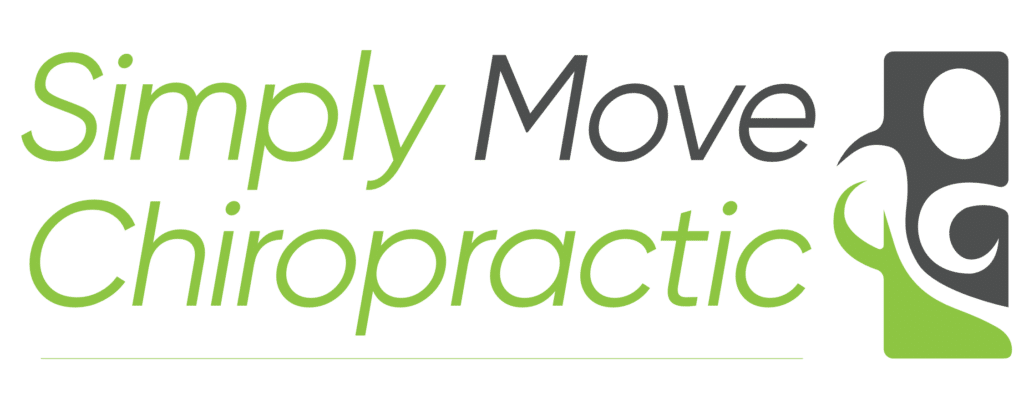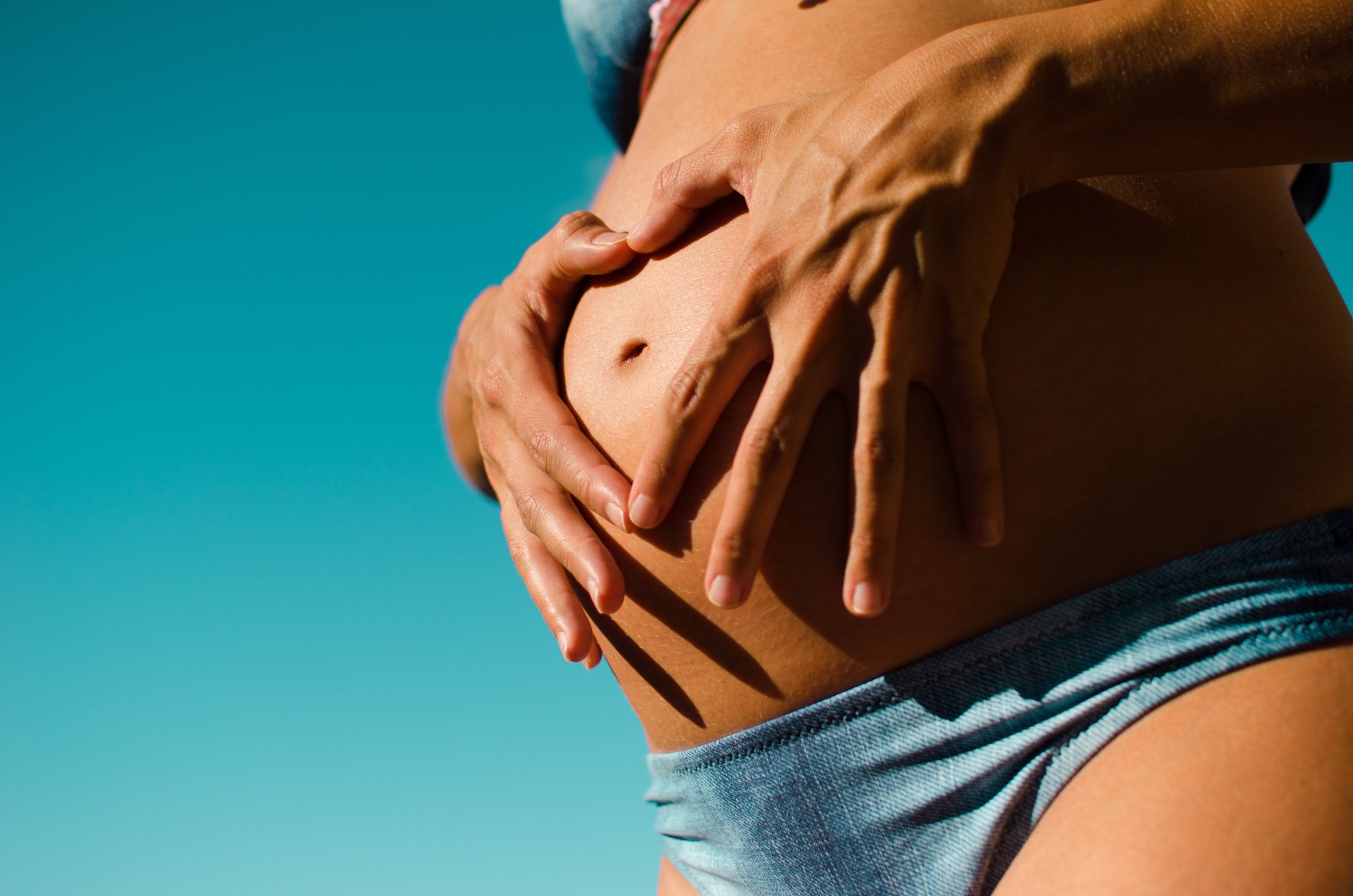If you or someone you know has scoliosis and is considering pregnancy, it’s natural to wonder about the potential complications and challenges that may arise. As a chiropractor specializing in scoliosis treatment in Chalotte NC, I often encounter questions about the impact of scoliosis on pregnancy and vice versa. In this article, I’ll summarize findings from five recent studies that shed light on this topic, and hopefully, provide some answers to the question: “Can you be pregnant with scoliosis?”
Study 1: The Impact of Scoliosis on Obstetric Outcomes
The first study aimed to explore whether scoliosis is a risk factor for adverse obstetric outcomes, particularly cesarean delivery (CD) and labor dystocia. This retrospective population-based study compared singleton pregnancies of women with and without documented scoliosis.
The results showed that although women with scoliosis had higher rates of labor induction and cesarean deliveries, scoliosis was not found to be an independent risk factor for CD after controlling for confounders such as nulliparity, labor induction, and maternal age. The study concluded that scoliosis is not a risk factor for adverse pregnancy outcomes, specifically labor dystocia.
Study 2: Health Outcomes for Pregnant Patients with AIS
The second study compared rates of anesthesia prescription and satisfaction with surgery, prevalence and severity of low back pain, prevalence of depression, and sexual dysfunction among pregnant and nonpregnant patients with Adolescent Idiopathic Scoliosis (AIS) undergoing correction surgery with pedicle-based systems, and healthy women with a history of pregnancy.
The results showed that women who underwent scoliosis correction suffered from long-term back pain after pregnancy and had decreased satisfaction with surgery. Additionally, anesthesiologists refused epidurals in a large number of these patients. The authors recommended a larger study on the topic.
Study 3: Obstetric Complications and Curve Progression in AIS Patients
The third study aimed to determine the impact of scoliotic curvature on obstetric complications, regional anesthetic decision making during delivery, and the effect of pregnancy on curve progression. The study retrospectively reviewed records of pregnant patients diagnosed with AIS at their institution who delivered between January 2002 and September 2016.
The results suggested that there was no effect of the severity of scoliosis on delivery complications or regional anesthetic decision making in pregnant patients with AIS. Moreover, scoliosis was not observed to progress significantly during or immediately after pregnancy.
Study 4: Pregnancy-Related Characteristics and Outcomes in AIS Patients
The fourth study conducted a systematic literature review to address fundamental questions related to pregnancy and AIS. The review included 22 articles with more than 3,125 AIS patients and concluded that women with AIS experience slightly elevated rates of nulliparity, infertility treatment, prepartum back pain, and peripartum curve progression. However, most women are able to have children and are not at increased risk of pregnancy-related complications.
Study 5: Obstetric Complications, Anesthetic Decision Making, and Curve Progression in AIS Patients
The final study aimed to determine the impact of scoliotic curvature on obstetric complications, regional anesthetic decision making and success during delivery, and the effect of pregnancy on curve progression in patients with AIS. The study involved a retrospective review of records of pregnant patients diagnosed with AIS who delivered between January 2002 and September 2016.
The results of this study suggest that there was no effect of the severity of scoliosis on delivery complications or regional anesthetic decision making in pregnant patients with AIS. Furthermore, scoliosis was not observed to progress significantly during or immediately after pregnancy.
Conclusion: Can You Be Pregnant with Scoliosis?
Taking into account the findings from these five studies, it is safe to say that women with scoliosis can indeed become pregnant and successfully carry a child to term. Although there may be some challenges associated with scoliosis during pregnancy, such as slightly elevated rates of infertility treatment, prepartum back pain, and peripartum curve progression, the overall risk of adverse pregnancy outcomes is not significantly increased.
It is important to note that the severity of scoliosis does not seem to have a significant impact on delivery complications or regional anesthetic decision making during labor. Additionally, scoliosis does not appear to progress significantly during or immediately after pregnancy.
As a chiropractor in specializing in scoliosis treatment in Charlotte NC, I recommend that pregnant women with scoliosis maintain regular prenatal care appointments with their healthcare provider and inform them of their scoliosis diagnosis. This will allow the healthcare team to closely monitor the pregnancy and offer appropriate guidance and support.





